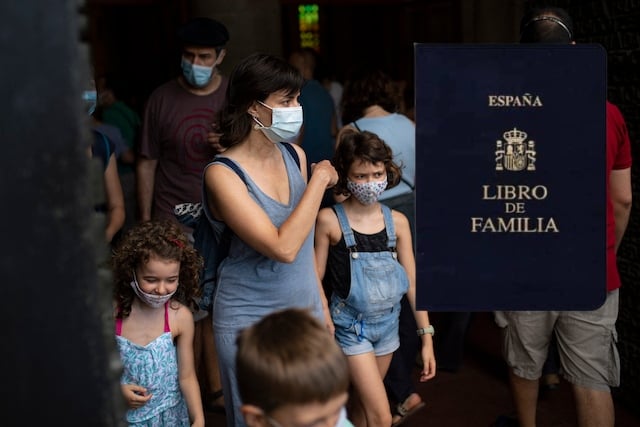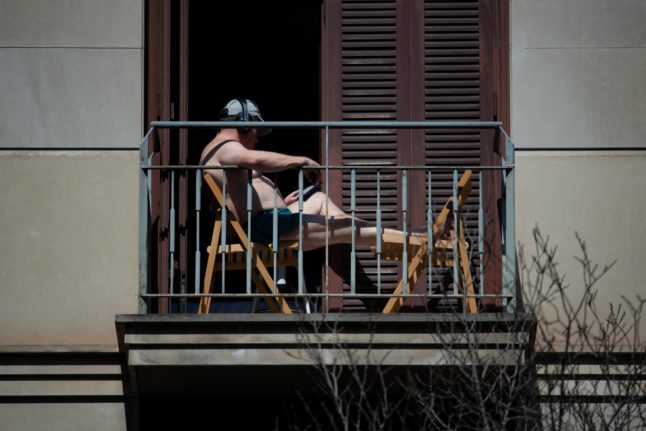The new online book will come into effect on Friday April 30th, the government stated in the Official State Gazette (BOE).
The digital version of the book was first proposed by the Ministry of Justice under the Government of José Luis Zapatero, headed by Francisco Caamaño, but it has taken this long to be put into place and become a reality.
The very first Libro de Familia was created in 1915 by the Ministry of Justice of Alfonso XIII and its main purpose was to establish a relationship link between family members.
The booklet registers births, marriages, parents, and deaths, as well as adoptions and divorces. In the past, it was used by hotels to prove the link between married couples, but today it is used in the Civil Registry of the Municipal Courts, and is only considered as an inscription that supports the census and proves family ties.
Normally, each family is responsible for going to the institutions and updating their own booklet, however, the 2015 Civil Registry law allowed the hospitals themselves to be in charge of registering newborns, saving new parents from having to do this process.
What will the new Libro de Familia be like?
The new Libro de Familia will take the form of an online database in which everyone will have their own section containing their personal data, related to family and marital status.
It can be used to obtain a Spanish ID card (DNI) or passport for both adults and minors. It will also be used to process maternity leave, include children in a person’s social security, to register at the town hall (padrón), to request a spot in a public school or nursery, or to ask for unemployment benefits as well as other processes.
Those who already have the physical booklet can continue to use it, however, it cannot be added to, in the case of family changes and everyone will have to have a digital version too.
How do I apply for the new digitised version and how should I register my newborn?
Currently, there are no instructions from the government on how to request the new digital format or register newborns, so it is assumed that the same procedure will be carried out until informed otherwise.
“The Family Book is obtained on the same day that the Civil Registry is visited to register the marriage; this registration must be made in the Civil Registry of the municipality in which it was carried out. In the same way, the day on which the birth of the first child of single parents is registered, or when registering the adoption of a child, if it had not been previously requested “, explains the Community of Madrid.
In the same way as before, in order to add the birth of a new member of your family, you can ask your hospital to carry out the administrative procedure.



 Please whitelist us to continue reading.
Please whitelist us to continue reading.
Member comments